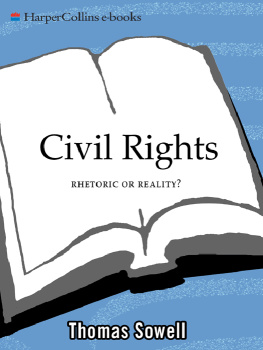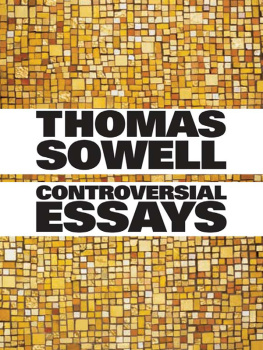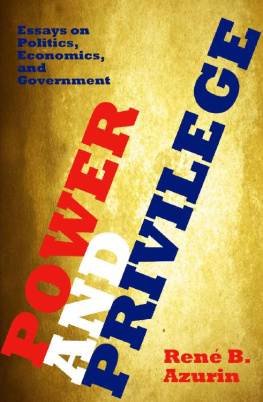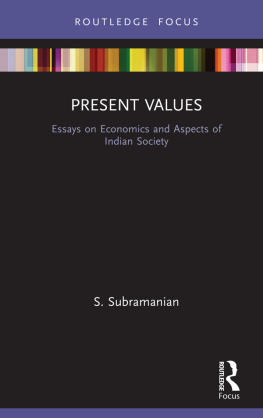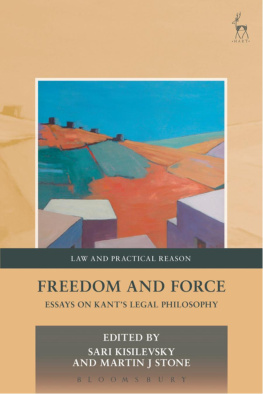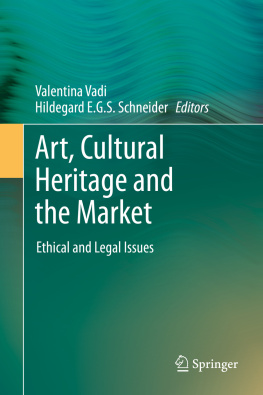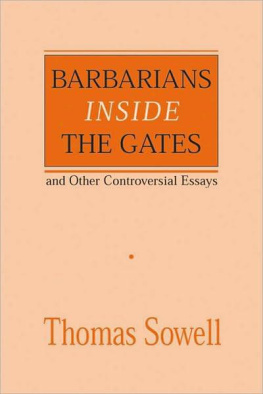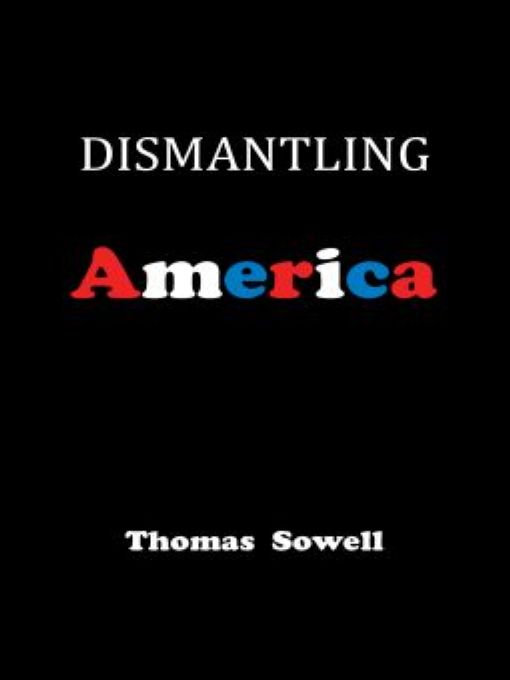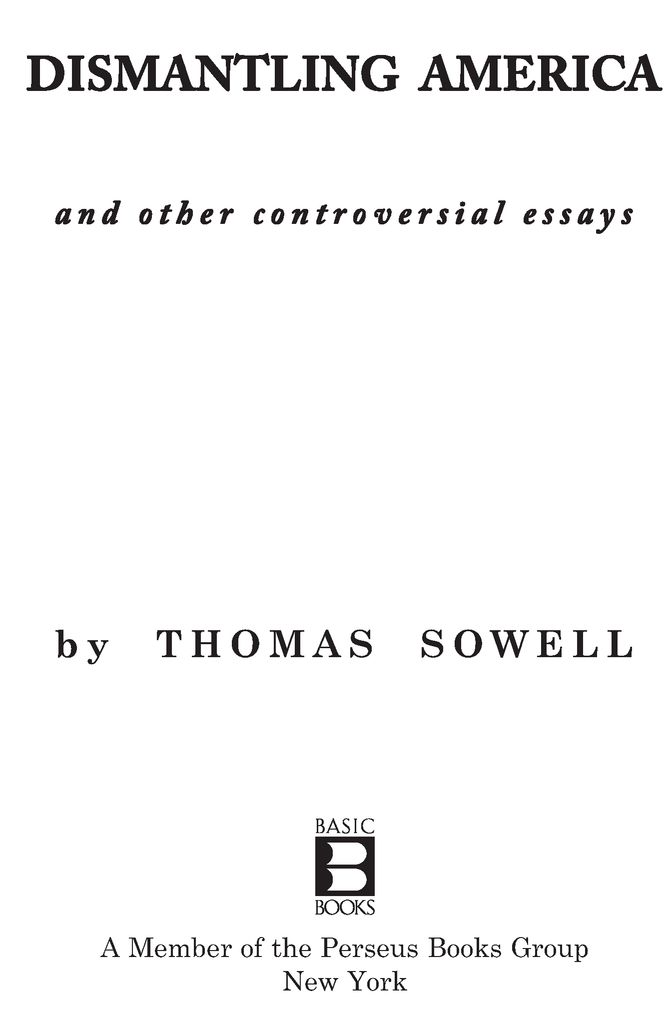Table of Contents
PREFACE
There are Americans alive at this moment who may experience the national equivalent of a perfect storm, either domestically or internationally, or both.
To have what is called a perfect storm, many dangerous forces must come together at the same time. Those dangerous forces have been building in the United States of America for at least half a century. By 2010, increasing numbers of Americans were beginning to express fears that they were losing the country they grew up in, and that they had hopedor perhaps too complacently assumedthat they would be passing on to their children and grandchildren.
No one issue and no one administration in Washington has been enough to create a perfect storm for a great nation that has weathered many storms in its more than two centuries of existence. But the Roman Empire lasted many times longer, and weathered many storms in its turbulent timesand yet it ultimately collapsed completely.
It has been estimated that a thousand years passed before the standard of living in Europe rose again to the level it had achieved in Roman times. The collapse of a civilization is not just the replacement of rulers or institutions with new rulers and new institutions. It is the destruction of a whole way of life and the painful, and sometimes pathetic, attempts to begin rebuilding amid the ruins.
Is that where America is headed? I believe it is. Our only saving grace is that we are not there yetand that nothing is inevitable until it happens.
While the Obama administration in Washington is not the root cause of the ominous dangers that face this country, at home and abroad, it is the embodiment, the personification and the culmination of dangerous trends that began decades ago. Moreover, it has escalated those dangers to what may be a point of no return. The specifics of the missteps and the misdeeds of this administration are among the things chronicled, here and there, in the essays that follow, which were first published as my syndicated newspaper columns. But that such an administration could be elected in the first place, headed by a man whose only qualifications to be President of the United States at a dangerous time in the history of the world were rhetoric, style and symbolismand whose animus against the values and institutions of America had been demonstrated repeatedly over a period of decades beforehandspeaks volumes about the inadequacies of our educational system and the degeneration of our culture.
That Barack Obama in office has often done the exact opposite of what Barack Obama said as a candidate, on issue after issue, should not cause half the surprise and disappointment that it has produced in many people who pinned high hopes on him.
The really painful surprise is that so many people based their hopes on his words, rather than on the record of his deeds. What that means is that, even if we somehow manage to survive this mans reckless economic policies at home and his potentially fatal foreign policy actions and inactions, the gullibility and fecklessness of those voters who put him in the White House will still be there to be exploited by the next master of glib demagoguery and emotional images, who can lead us into another vortex of dangers, from which there is no guarantee that we will emerge as a free people or even as a viable society.
Our concern is not with one man but with a country, though history has shown repeatedly that one man in a key position at a crucial time can bring down a whole country in ruins. But history is just one of the things whose neglect has contributed toward the confluence of forces that can produce a perfect storm. When we look back at the decades-long erosions and distortions of our educational system, our legal system and our political system, we must acknowledge the chilling fact that the kinds of dangers we face now were always inherent in these degenerating trends. The essays that follow deal with these trends individually, but it may help to keep in mind that they were all going on at the same time, and that these are the dangers whose coming together can create a perfect storm.
GOVERNMENT POLICIES
Government policies can be judged by what they promise or by what they do. While it might seem to be obvious that the latter is what is relevant, many people nevertheless assume that rent control laws control rent, gun control laws control guns, stimulus spending stimulates the economy and jobs bills create jobs. Moreover, few people seem to find it necessary to check any of these assumptions against facts. For example, the fact that cities like New York and San Francisco, with a long history of very strong rent control laws, have some of the highest rents in the country might suggest that such assumptions need a lot closer attention than either the public or the media give them.
People who say that the government has to do something when there is an economic downturn almost never compare what actually happened when the government did something, as in the wake of the 1929 stock market crash, compared to what happened when the government did nothing after a comparable stock market crash in 1987or in fact after a number of other crashes before 1929. Facts seem to have become irrelevant, for all too many people, who rely instead on visions and rhetoric.
The same reliance on familiar words, rather than on demonstrable facts, applies even to international relations, including life-and-death issues of national security. Thus people who advocate disarmament agreements are automatically called the peace movement, without any recourse to the history of the actual outcomes of disarmament agreements, which flourished as perhaps never before, between the two World Wars. These agreements disarmed the Western democracies, both literally and figuratively, making them more vulnerable to the aggressive dictatorships that were free to violate disarmament agreements with impunity. The net result was that one-sided disarmament made war look more winnable to the Axis powers and therefore made war more attractive, despite the rhetoric of the so-called peace movement.
Separating words from realities is one of the most important steps toward evaluating government policies, whether domestically or internationally. Since rhetorical skills are among the most highly developed skills among politicians, any serious attempt to see government policies for what they are means keeping our eyes fixed on facts, despite the distractions of rhetoric. The essays that follow seek to bring out some of those facts. More important, they seek to penetrate the fog of rhetoric.
Dismantling America
Just one year ago, would you have believed that an unelected government official, not even a Cabinet member confirmed by the Senate but simply one of the many czars appointed by the President, could arbitrarily cut the pay of executives in private businesses by 50 percent or 90 percent?
Did you think that another czar would be talking about restricting talk radio? That there would be plans afloat to subsidize newspapersthat is, to create a situation where some newspapers survival would depend on the government liking what they publish?
Did you imagine that anyone would even be talking about having a panel of so-called experts deciding who could and could not get life-saving medical treatments?



